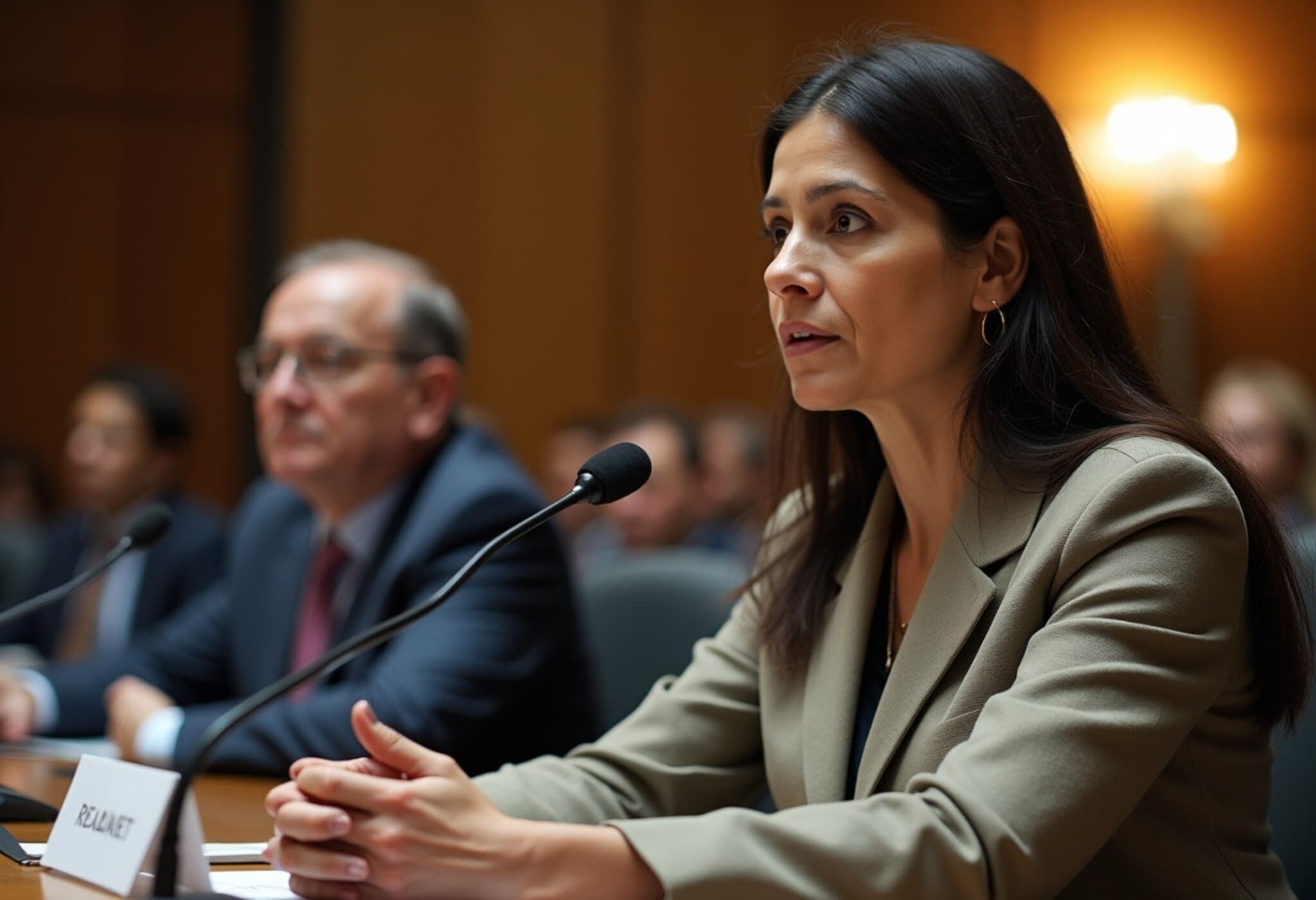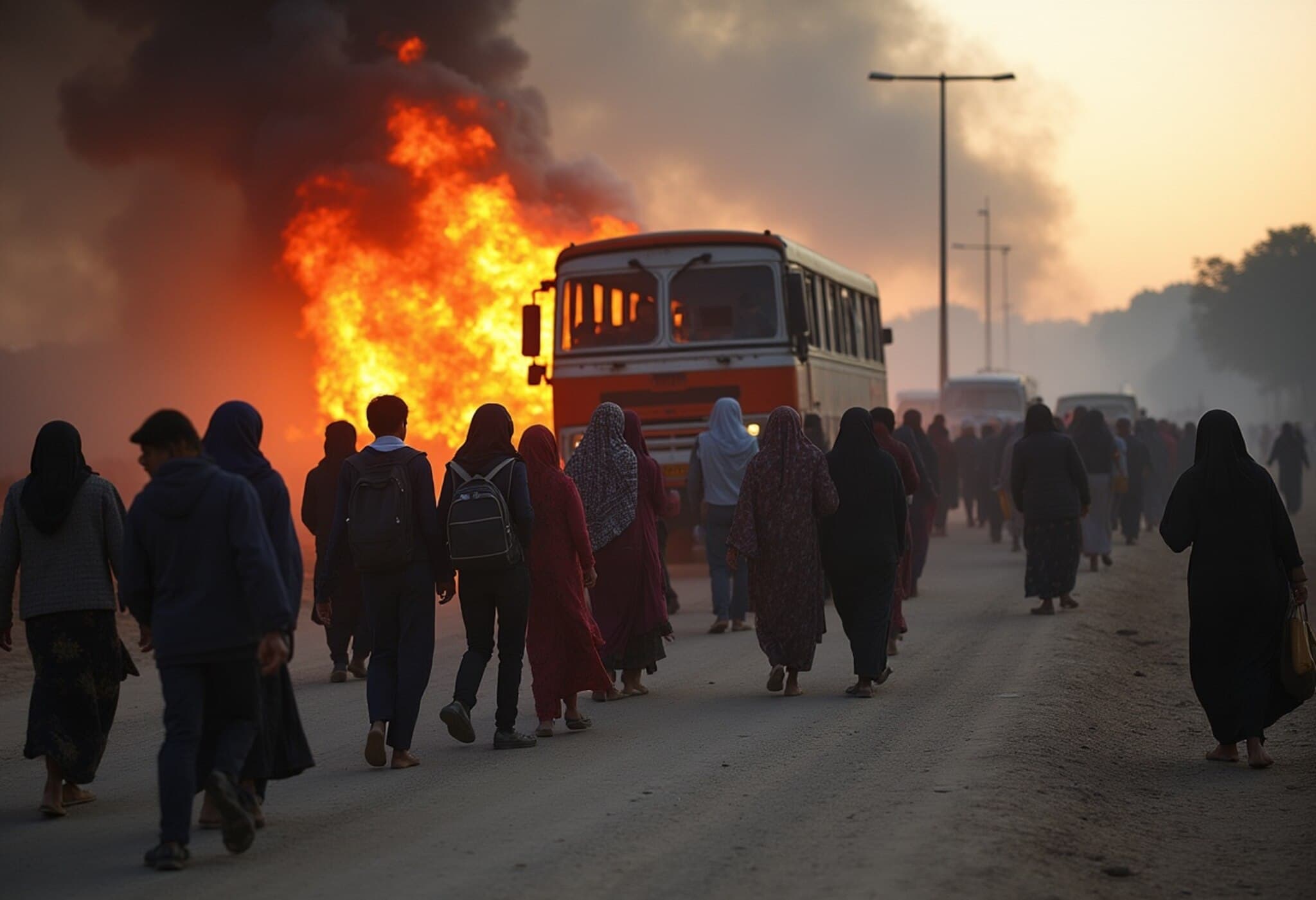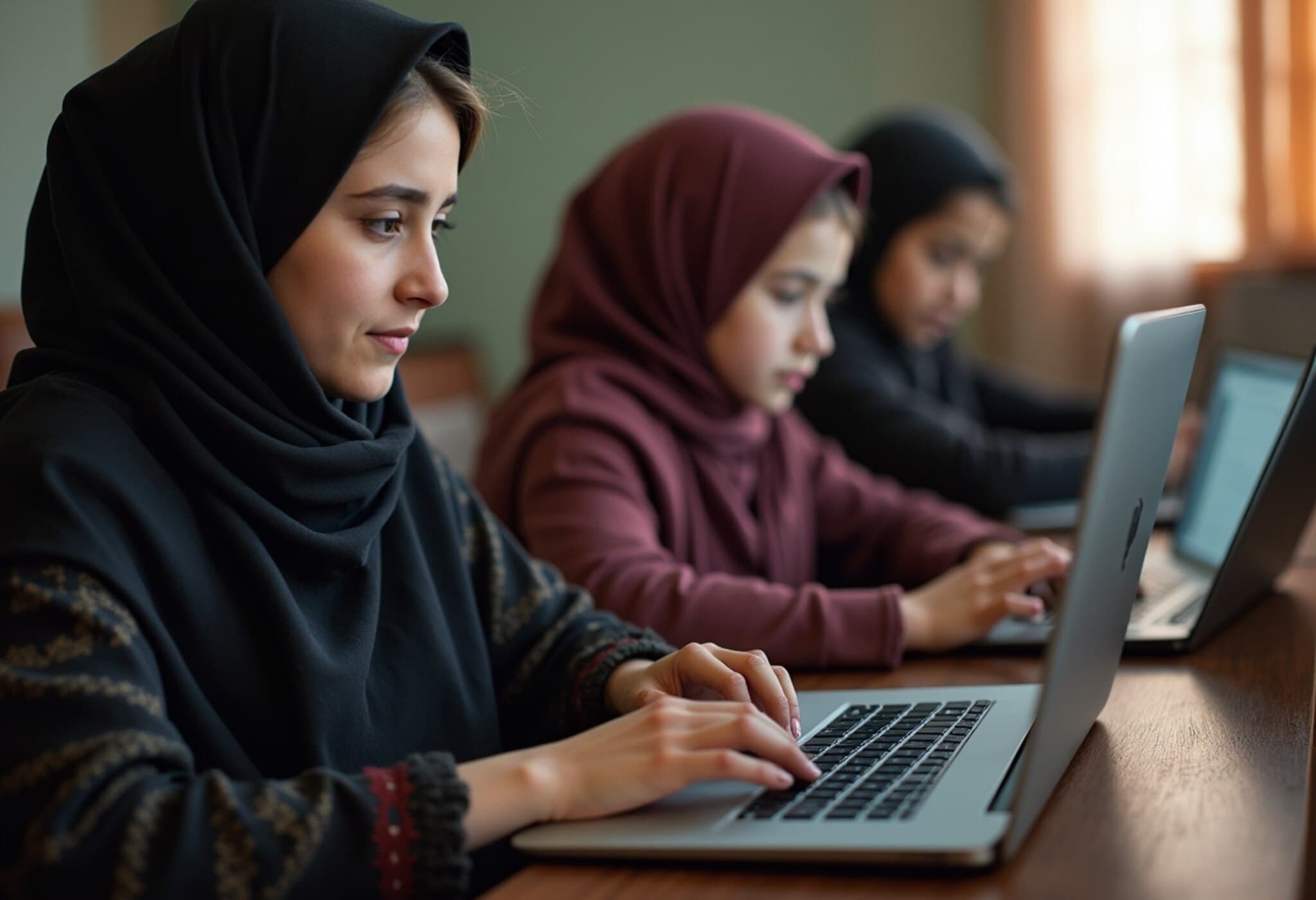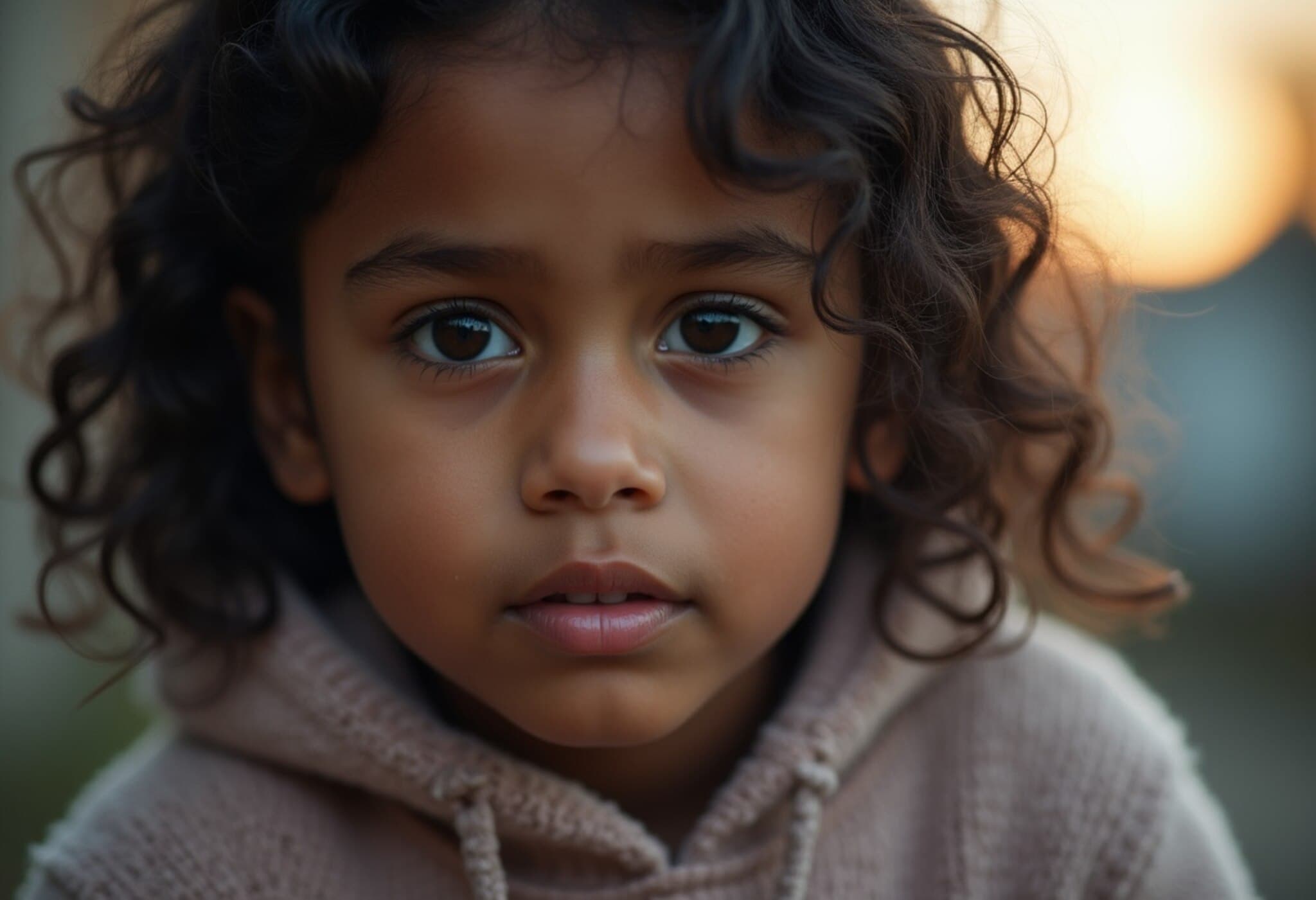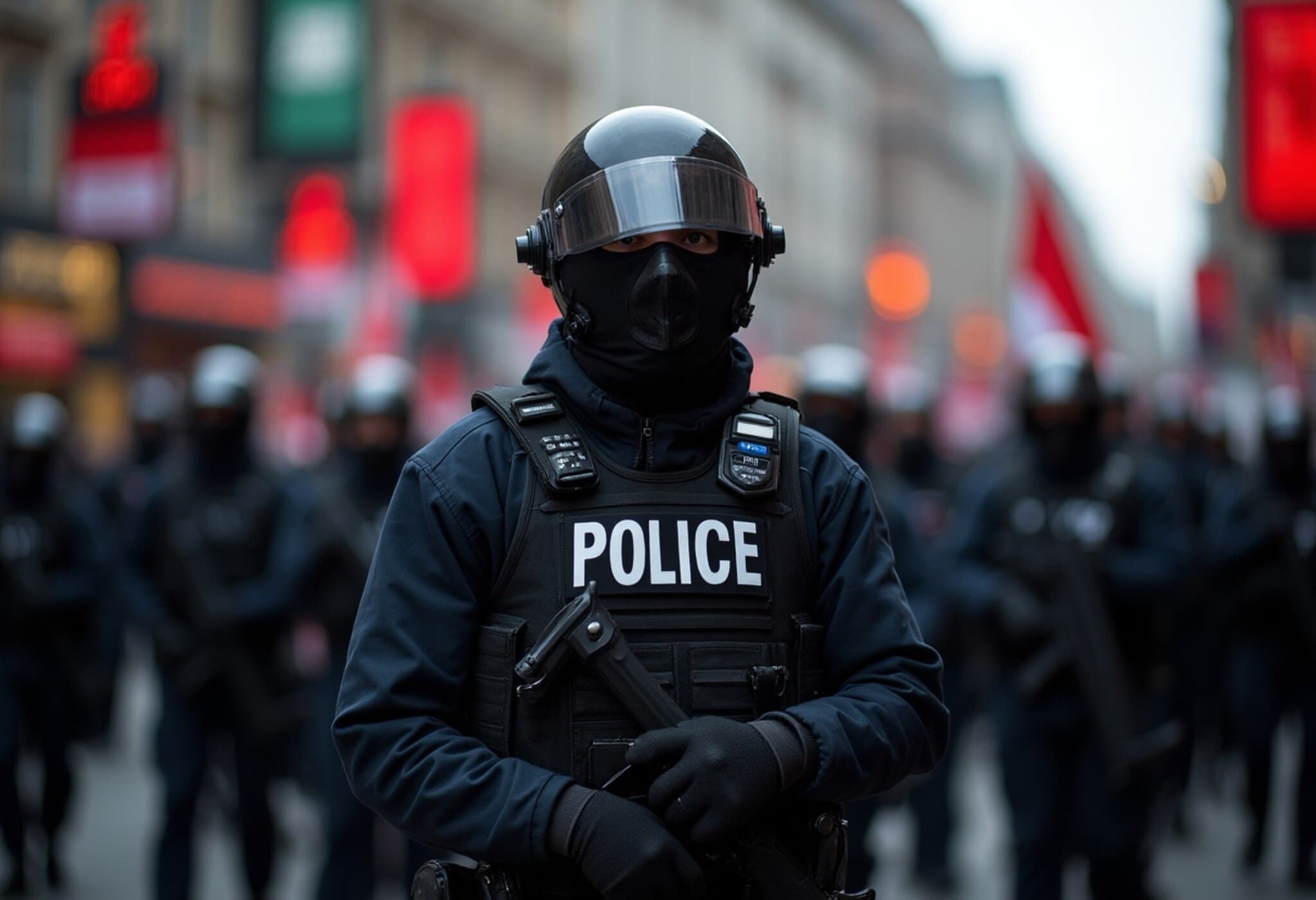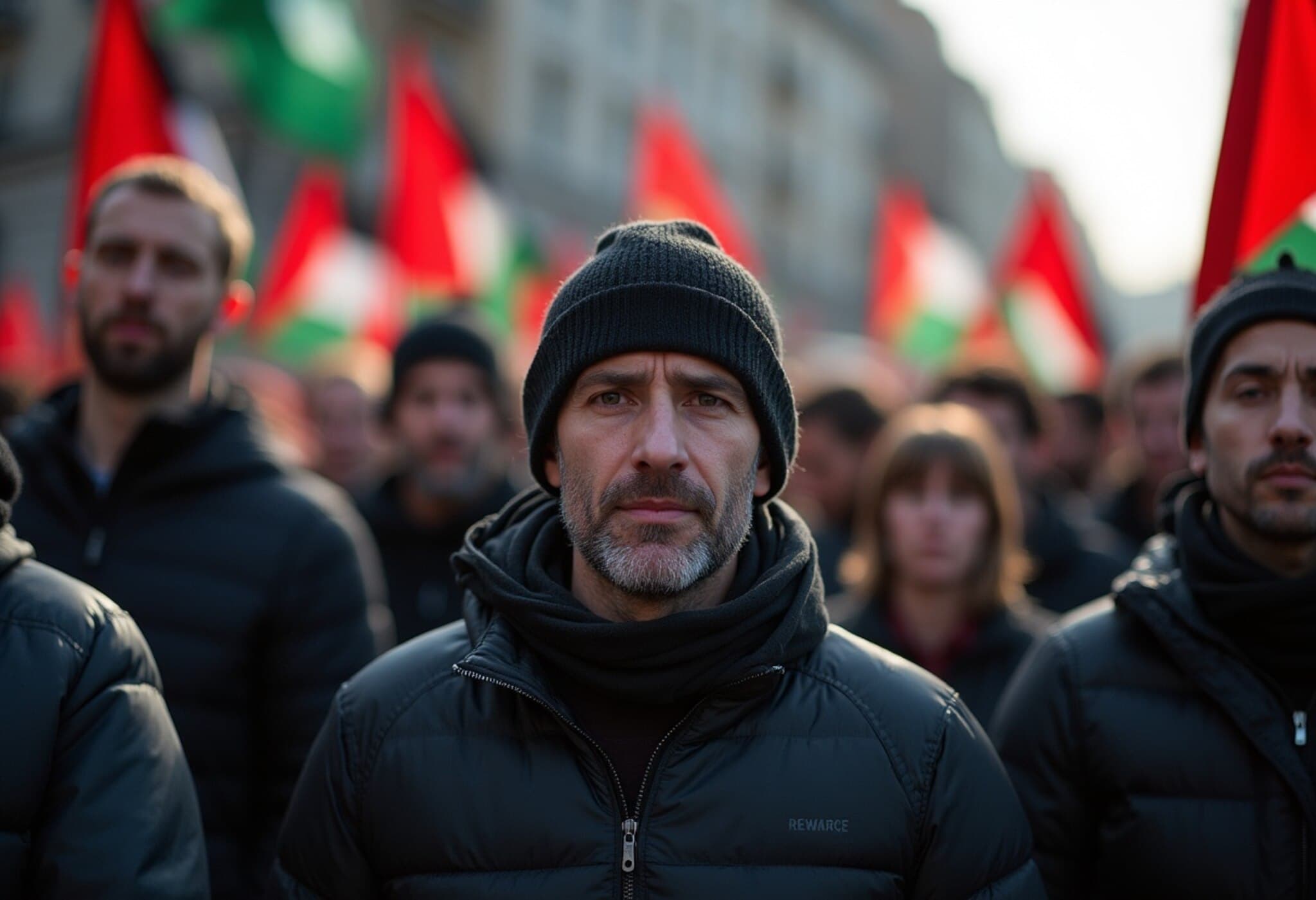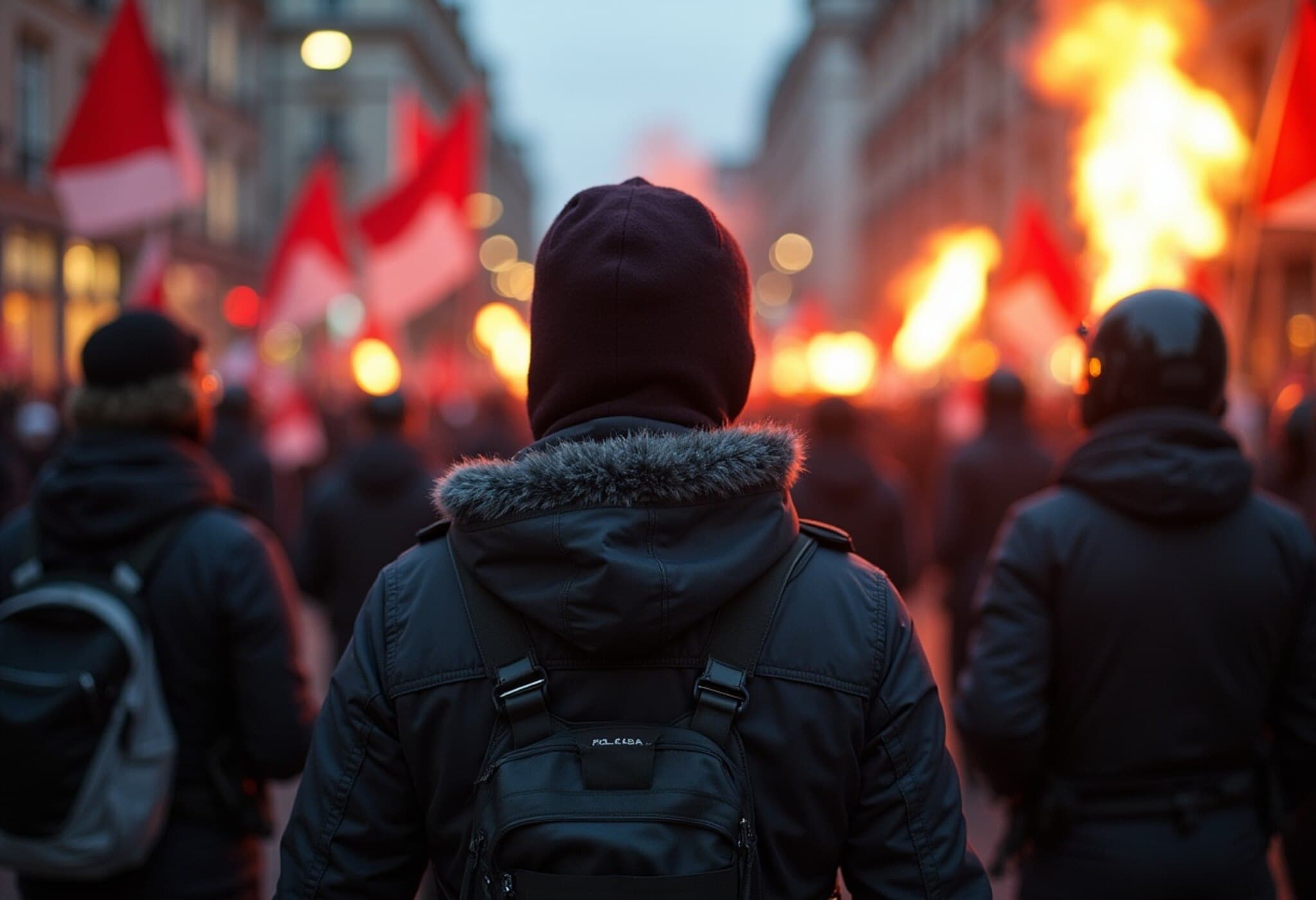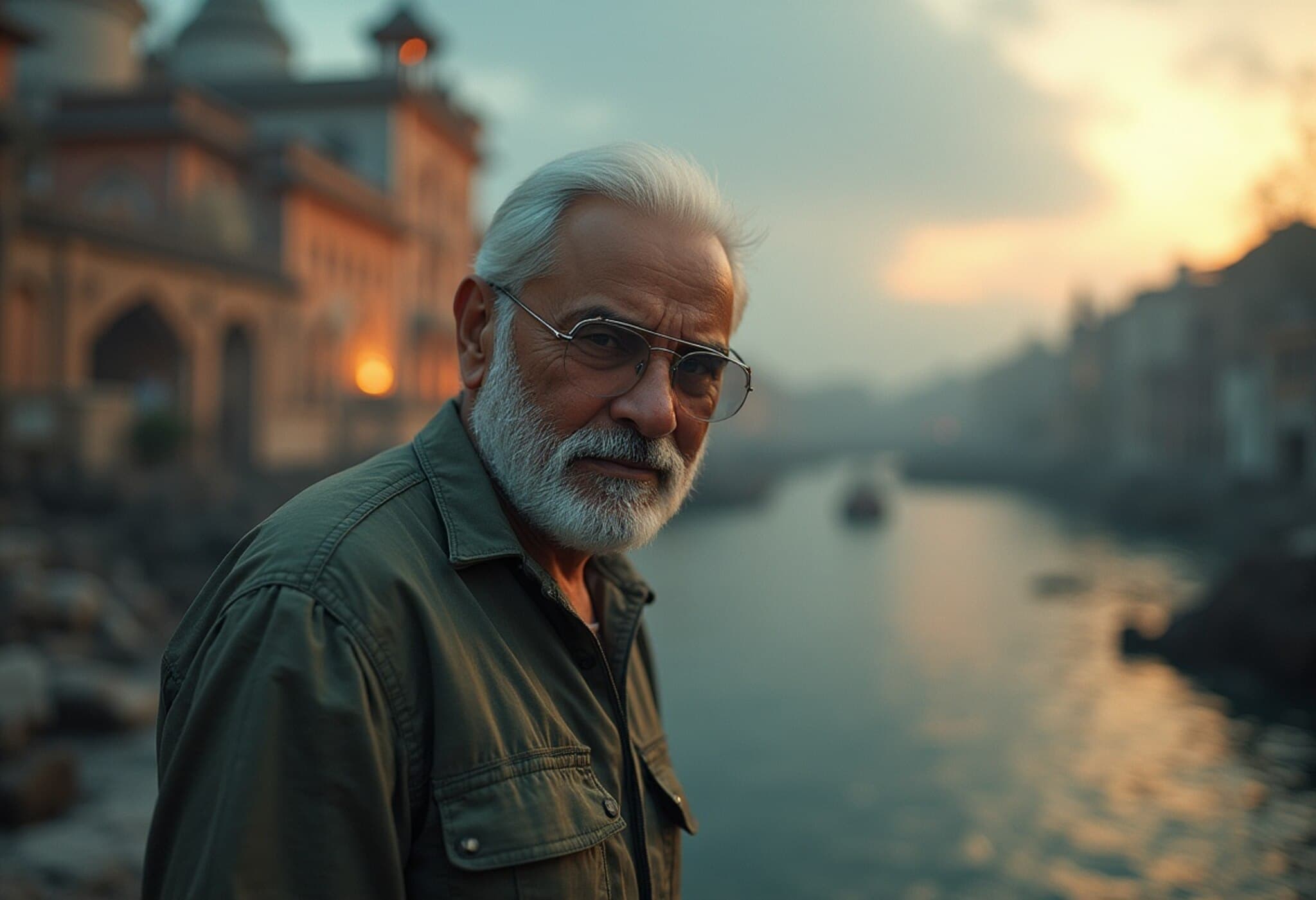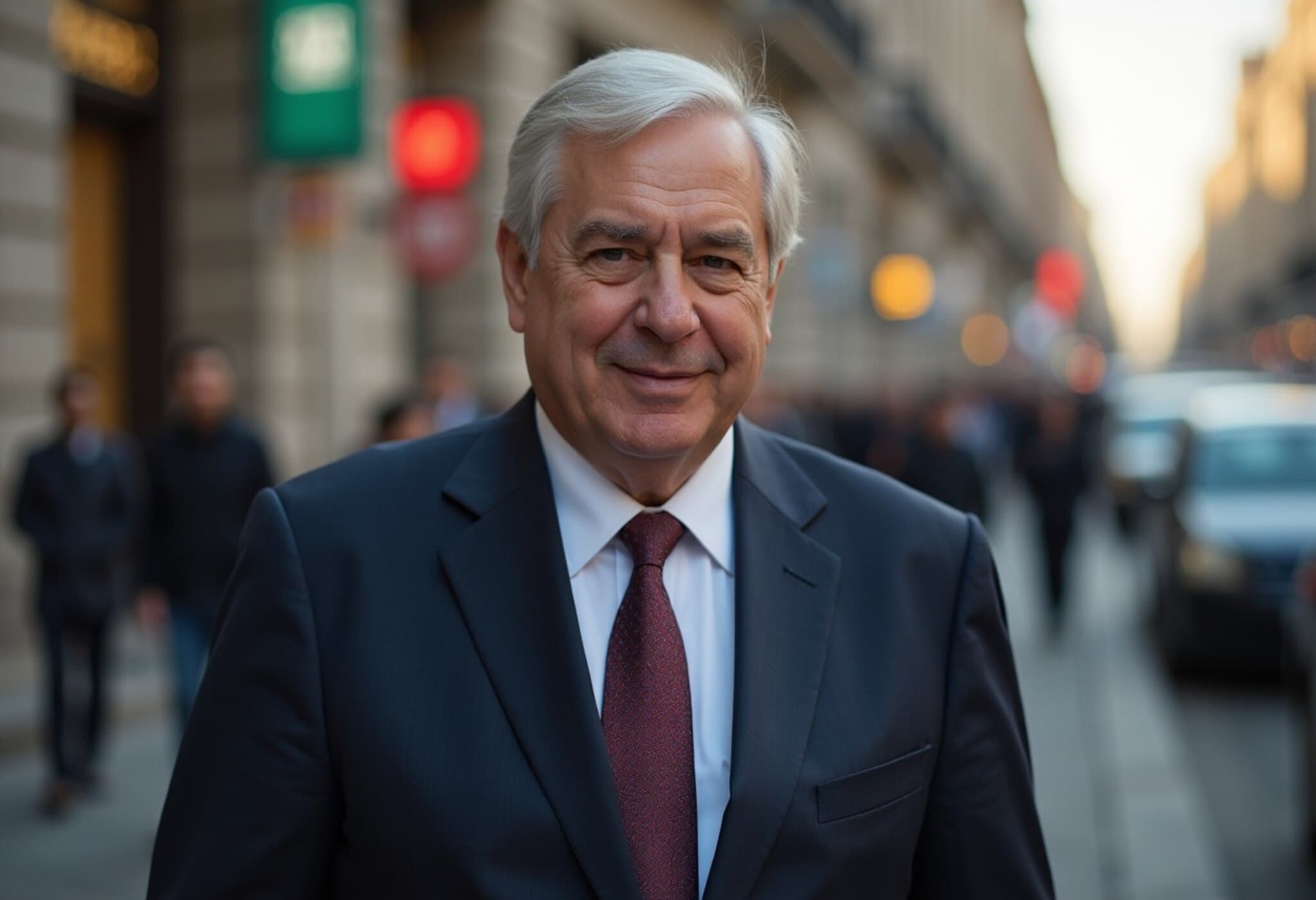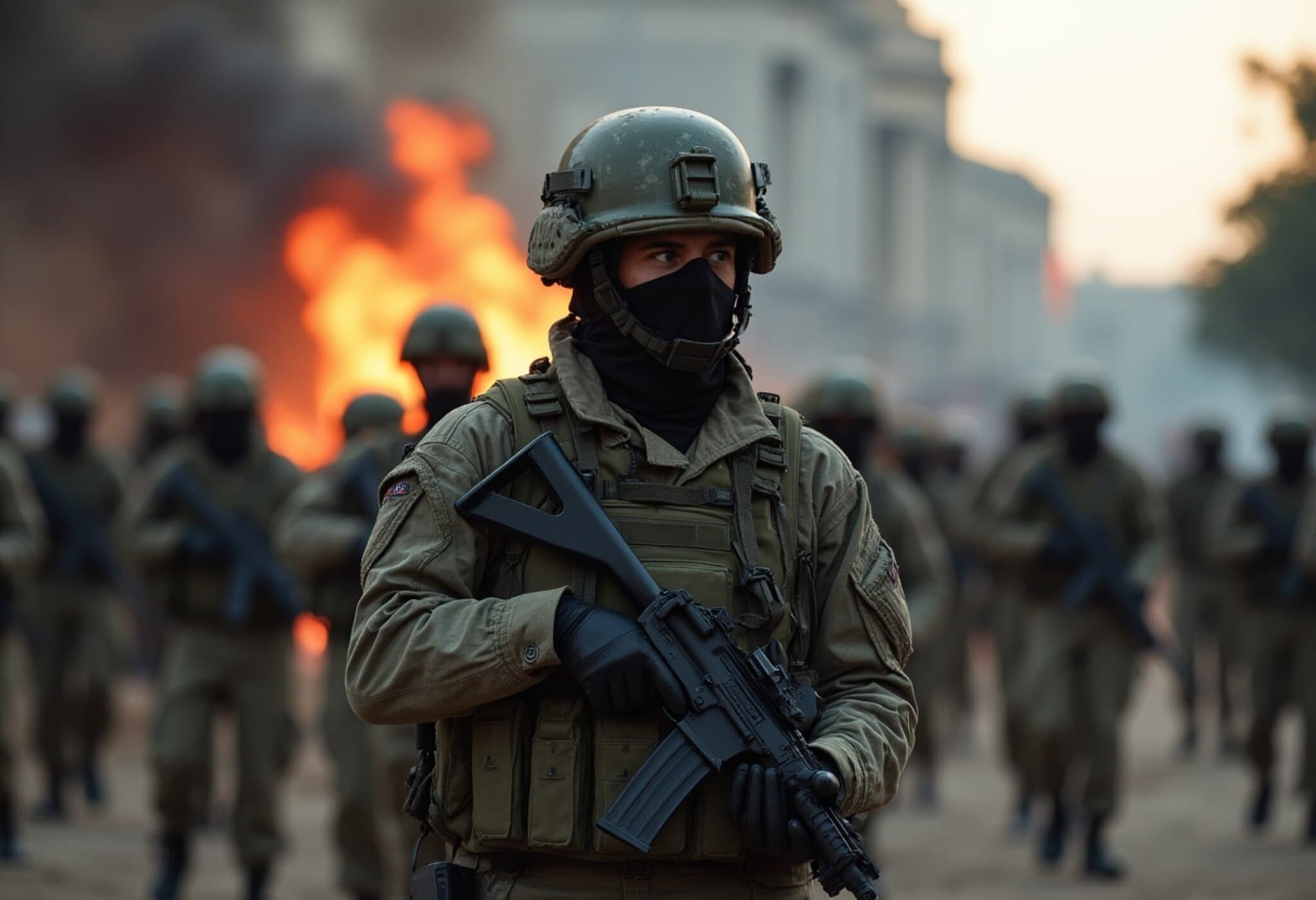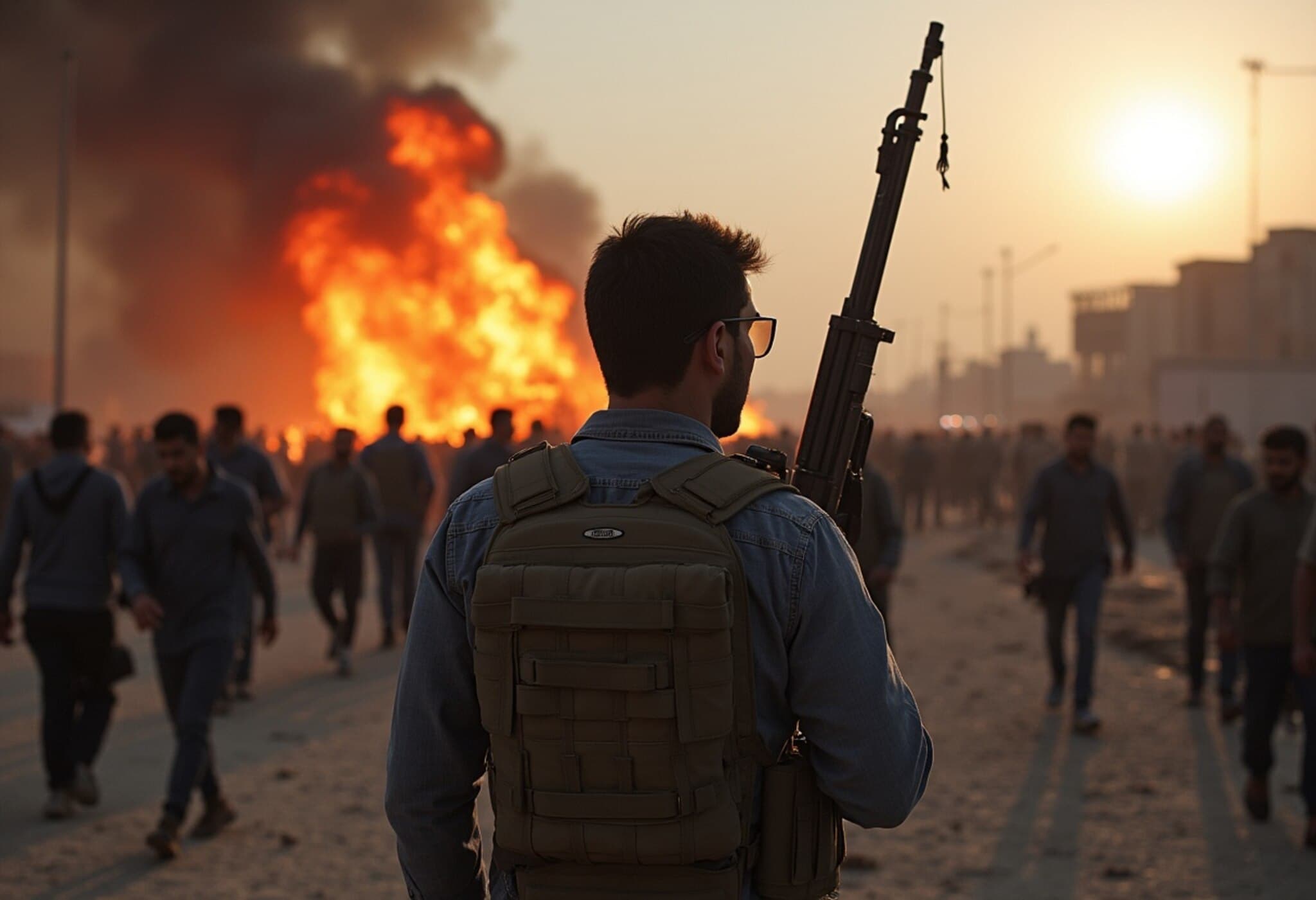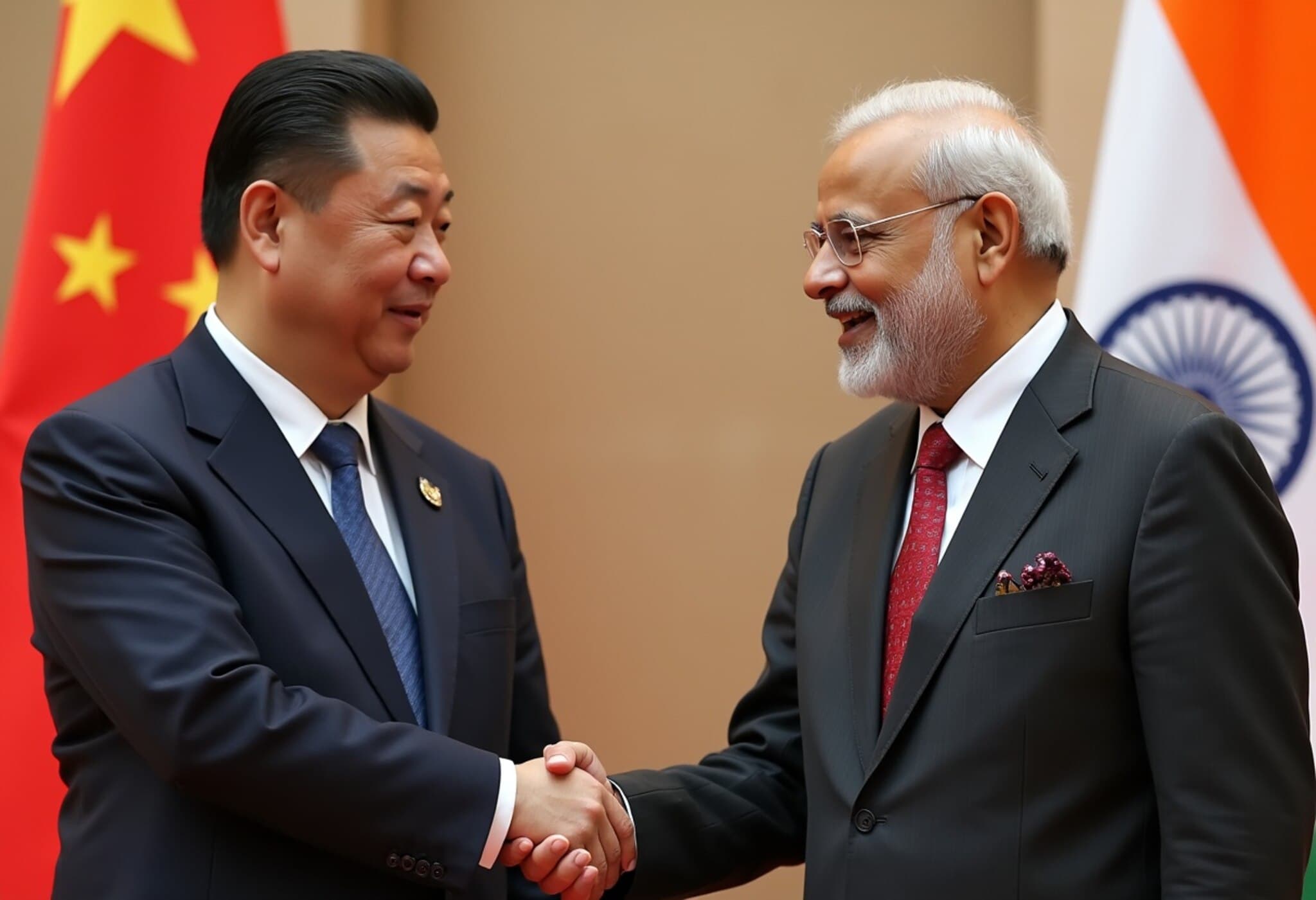India Raises Alarm on 1971 Pakistan Army Sexual Atrocities at UN Security Council
In a poignant and resolute address to the United Nations Security Council (UNSC) on August 19, 2025, India brought global attention to the horrific and systematic sexual violence perpetrated by the Pakistan Army during the 1971 East Pakistan conflict, which led to the birth of Bangladesh. This condemnation was presented during an open debate on conflict-related sexual violence (CRSV), underscoring not only historical injustices but also ongoing abuses.
Remembering a Dark Chapter in South Asian History
Eldos Mathew Punnoose, India’s Chargé d’Affaires at the Permanent Mission to the UN, delivered a powerful statement exposing the "utter impunity" with which Pakistani forces inflicted massive sexual violence on hundreds of thousands of East Pakistani women in 1971. He described the atrocities as "heinous crimes" that have scarred generations.
The historical narrative recalls that during the Bangladesh Liberation War, the Pakistani military employed rape as a calculated weapon of war, targeting Bengali women and girls. Estimates from survivors and historians suggest between 200,000 and 400,000 women were raped amidst orchestrated campaigns that included setting up rape camps and subjecting captives to relentless violence.
General Tikka Khan, dubbed the "Butcher of Bengal," spearheaded 'Operation Searchlight,' a brutal military operation that aimed at the extermination of ethnic Bengalis. His and Lieutenant General AAK Niazi’s directives explicitly sought to annihilate minorities, framing these atrocities within the context of genocide.
Connecting Past Abuses to Present-Day Violations
While unflinching in recalling these past horrors, Punnoose emphasized that the malaise of sexual violence remains pervasive in the region. Highlighting recent United Nations Office of the High Commissioner for Human Rights (OHCHR) reports, he pointed to Pakistan’s ongoing patterns of violence targeting religious and ethnic minorities inside its borders, including forced conversions, trafficking, and domestic servitude.
“This deplorable pattern continues unabated and with impunity to this day,” Punnoose stressed. The Indian diplomat’s remarks came in response to accusations from Pakistan’s UN Permanent Representative Asim Iftikhar Ahmad, who alleged Indian involvement in sexual violence and forced disappearances in Jammu and Kashmir—a claim India refuted, characterizing it as “duplicity and hypocrisy.”
Worsening Global Trends in Conflict-Related Sexual Violence
The UNSC debate also featured Pramila Patten, the UN Special Representative on Sexual Violence in Conflict. She presented the Secretary-General’s latest report revealing a troubling 25% increase in reported sexual violence cases in 2024 compared to the previous year, with 4,600 confirmed incidents worldwide. The report highlighted that these figures represent only a fraction of the real scale due to underreporting.
Disturbingly, verified cases involving children surged by 35%, with victims as young as one-year-old. The report identified 21 conflict zones with confirmed incidents, including the Central African Republic, Democratic Republic of Congo, Haiti, Somalia, South Sudan, and newly reported areas such as Libya and the Israel-occupied Palestinian territories.
Expert Analysis: Beyond Historical Reckoning
Experts underline that India’s deliberate invocation of the 1971 atrocities serves multiple purposes: it functions as a historical reminder of unresolved justice, a geopolitical signal amidst fraught Indo-Pak relations, and a broader call to the international community about patterns of impunity in sexual violence during conflicts.
Sarah Thompson, a conflict and human rights analyst based in Washington D.C., comments, “India’s statement reflects an enduring struggle to seek accountability for mass wartime sexual violence, which too often remains neglected. The challenge transcends borders — it’s about ensuring survivors have justice and that such crimes are never normalized.”
Moreover, the spotlight on Pakistan’s internal human rights record urges deeper inquiry into how sexual violence functions as a weapon of persecution against minorities globally, providing a cautionary tale for policymakers aiming to curb such abuses.
Looking Ahead: Towards Justice and Prevention
- Accountability: Calls continue for Pakistan to confront and address these historical and ongoing abuses transparently.
- Support for Survivors: Strengthening aid, access to justice, and psychosocial services for victims remain urgent priorities across conflict zones.
- Global Cooperation: Enhanced international frameworks are essential to monitor, prevent, and respond effectively to conflict-related sexual violence.
The UNSC debate serves as a solemn reminder that sexual violence in conflict is not just a tragic by-product but a deliberate and devastating weapon that demands unwavering global resolve.
Editor's Note
India’s highlighting of Pakistan’s wartime sexual violence and current abuses at the world's most powerful security forum challenges the global community to reckon with the long shadows cast by conflicts past and present. It raises critical questions about the effectiveness of international justice mechanisms and the ongoing plight of vulnerable populations subjected to sexual violence as a tactic of war and oppression. As the report indicates rising global cases, the urgency to translate rhetoric into robust action has never been greater.

